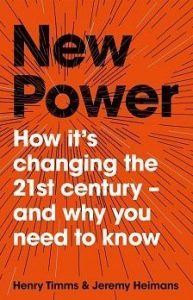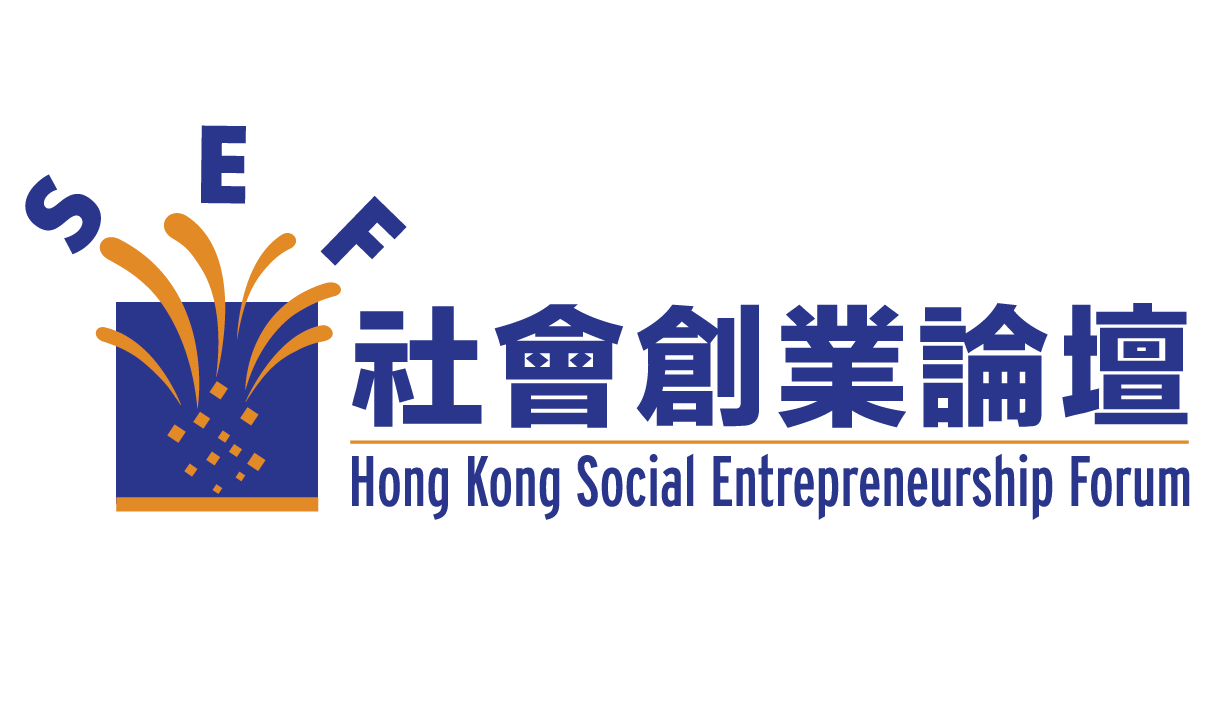In this issue, I would like to recommend a book to the readers – a MUST READ book: New Power: How it’s changing the 21st century – and why you need to know by Henry Timms and Jeremy Heimans (2018)

I learnt a tremendous lot from this book. The insights from it enable me to rethink all the projects and companies that I am currently engaged in. What’s more, it will affect how I will design any new companies that I will launch in the future.
I echo Sir Richard Branson’s comments on this book: “If you want to understand how the world is changing, what’s really happening, and how we can all find our way, this book could not be coming at a better time.”
Instead of giving you a quick summary of the book, I would just like to show you one of the most inspirational stories that has a major impact on me.
It’s about a company in Holland known as Buurtzorg.
Below are excerpts from the book (p.230-2):
Buurtzorg in the Making
If you wanted to learn something about the future of the workplace, you probably wouldn’t begin your quest by heading to the Netherlands and inquiring about the state of nursing.
But Buurtzorg – a decentralized network of nurses who engage with their communities on their own terms – has shaken up the profession. Its story is a master class in how to scale that ‘founder feeling’ and create a workplace built on new power principles.
Buurtzorg began in 2006 with a vision of what nurses would not do. They would not be drowned in paperwork. They would not let strict procedure trump healthy culture. They would not be governed by out-of-touch paper-pushers at HQ.
Instead, they wanted to do the work that inspired them in the first place: caring for patients. They would connect with their community and the decisions that matter themselves. They would decide when and how to visit people in their homes, dealing with everything from changing bandages to making end-of-life plans. They would be in charge of their own world.
This was not an original dream. Their list of hopes will be familiar to many who work in old power institutions and imagine a Jerry Maguire moment, when they finally say, “Enough!”.
But Buurtzorg had a plan to go with the fantasy. To get community health care right, it would put all the power in the hands of small, self-directed teams of ten to twelve nurses. Each team would take charge of the complete process of caring for their patients – and for running of their own small enterprise. They would make their own decisions, minimize administrative oversight, and be connected to the other teams via a shared technology platform, allowing all the nurses in the network to learn and work together. They’d be free to experiment with new and creative ways to deliver care.
10,000 nurses in 10 years
Ten years on, Buurtzorg has over 10,000 nurses in the Netherlands, operating in 850 teams, serving 70,000 patients a year. To support all this, it has a back office of just 45 people. A KPMG study shows that it model delivers a ‘50% reduction in hours of care, improved quality of care and raised work satisfaction for their employees. Its overhead is much lower than the average. So are its sick leave rates. So is staff turnover. And Buurtzorg has been repeatedly scored as having the highest employee satisfaction among all Dutch companies with more than 1,000 employees.
Its nurses are also achieving higher rates of patient satisfaction, even as they provide fewer are hours. With the patients at the centre of their mission, and the removal of the heavy hand of bureaucracy, they get better results in less time. Their patients get their autonomy back more quickly and have shorter stays in the hospital.
Contrast this with the traditional role of the nurses who, across the world, feels under-resourced and unable to spend sufficient time to support the patients.
Research by the International Council of Nurses and Pfizer showed that aggression against nurses is widespread, with a quarter or more in almost every country reporting workplace bullying by colleagues. This culture is costly: a 2015 survey by the royal College of Nurses showed that almost a third of UK nurses are a new job….
What Buurtzorg get so right is it puts human beings front and centre. It focuses on how to get teams of people to form deep connections with one another and uses technology to enable better peer coordination, but it doesn’t lead with it.
Or take a look at this video:

